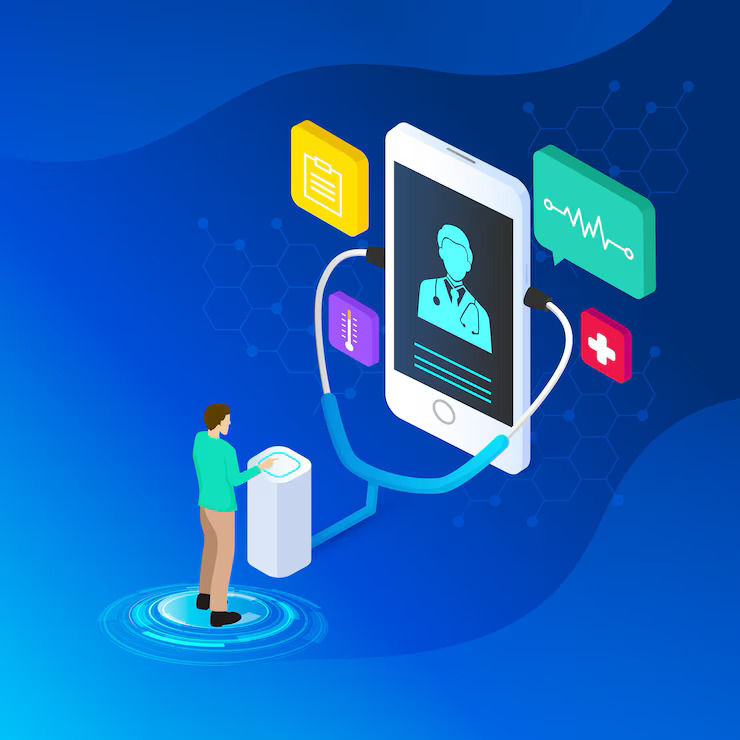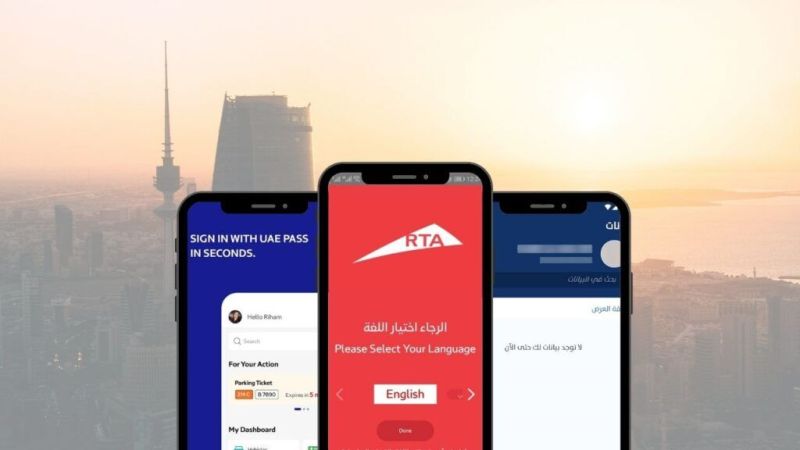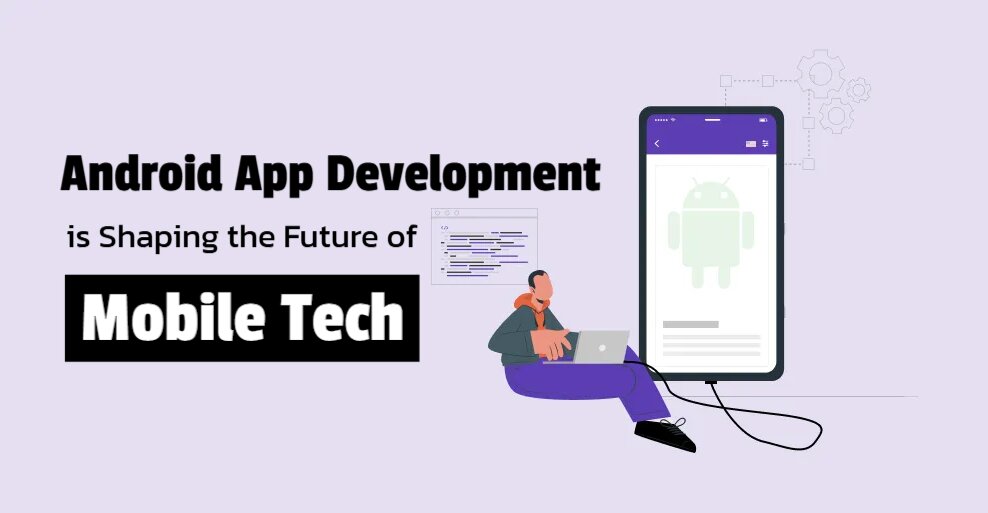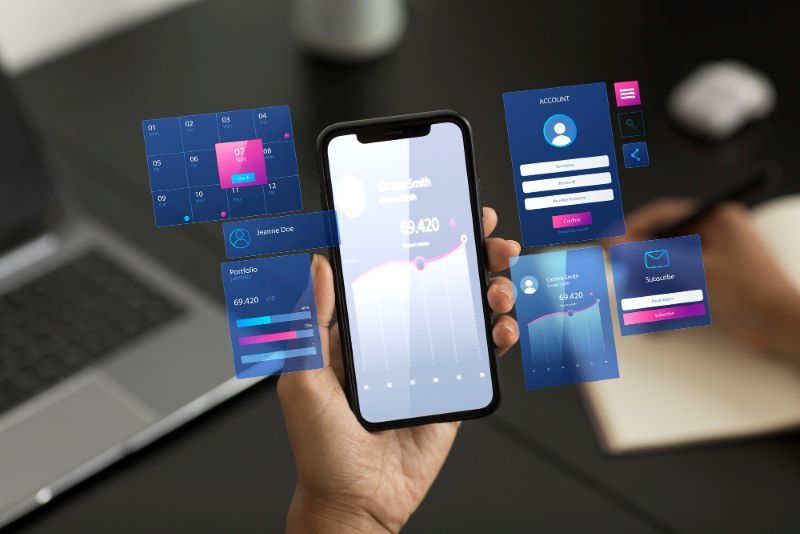Mobile App Development Platform Vs Framework - Differences to Watch Out
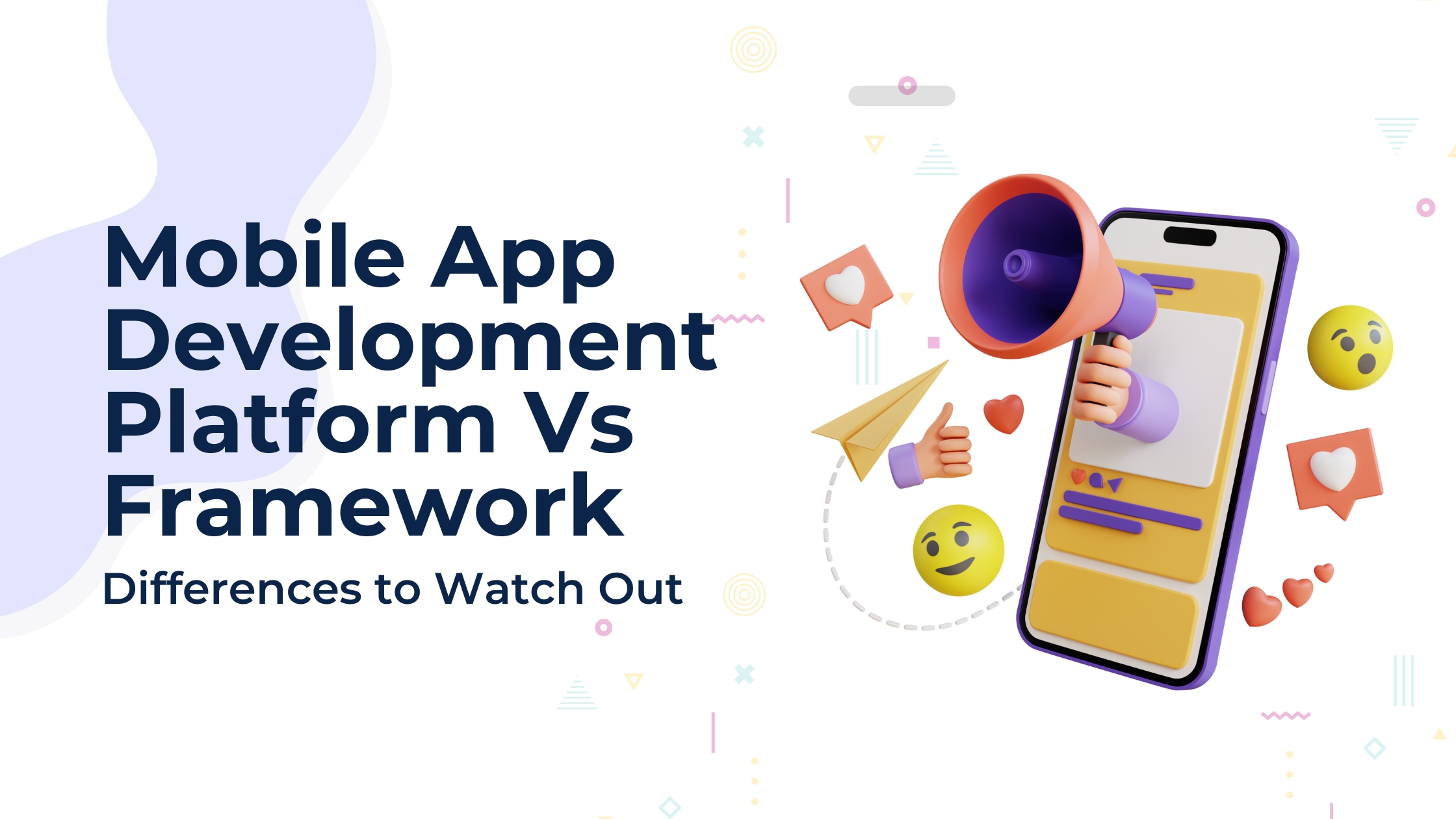
Strong 8k brings an ultra-HD IPTV experience to your living room and your pocket.
Undertaking a mobile app development project is a complex process. Many customers get overwhelmed by the advanced technologies, acronyms, and buzzwords drifting around the industry nowadays.
✍️ If you’ve ever wondered how apps make it to the App Store or Google Play, our app publishing guide walks you through deployment and compliance steps.
The more you understand the mobile app development process, the more positioned you will be to involve in a way that feels more like an interaction.
One point of confusion includes mobile app development platforms vs frameworks — both of which get generally stated while talking about the app development process with the customer.
Developers refer to both platforms and frameworks, but their roles and functions vary immensely.
In this article, we will go through the differences between platforms and frameworks. So let's get going.
Mobile App Development Platform (MADP)
In generic terms, a platform is a set of hardware and software used to execute an app and work as the foundational system by which an app is developed using added building blocks or tools.
A platform is a host to an app and usually comprises PaaS (Platform-as-a-Service) cloud systems that collaborate with the code of an individual app itself. So when the app code executes within the platform scope, the business logic is confined and run by the platform.
MADPs (Mobile App Development Platforms) aid programmers develop and executing their apps within the short-term and long-term development cycles. Since MADPs deal with the business logic and “moving parts” management of the app, they can be useful in the mobile app development services
Since platforms execute the app itself, each device with an installed platform can also run the app through the platform's ability to make the app compatible with the OS and hardware system. It enables the interoperability of apps through “cross-platform.”
Platforms offer developers an environment that comprises all the needed tools to build and execute a mobile app.
You can use MADP when,
- You want mobile apps that connect with three backend systems
- You want mobile apps compatible with three or more hardware systems
- You want mobile apps that work on three or more OS
Cross-Platform Mobile App Development
A cross-platform app executes on all mobile OS without adding any extra codes. It is because platforms run on every system and make the app code OS and hardware compatible.
For example, the Java Virtual Machine (JVM) and Common Language Runtime (CLR) solution for platform independence enables apps to execute on a variety of hardware platforms.
Well-known Mobile App Development Platform
Many mobile app development platforms are available, and it is up to IT executives to choose which one suits the best for their development projects.
- io
- Mobile Roadie
- TheAppBuilder
Mobile Development Framework
Frameworks are skeletons that developers use to build an app. Frameworks are software-only systems that comprise tools, libraries, standard components, classes, and SDKs for app development.
Mobile development frameworks are associated with writing code for libraries with an added architectural and structural design skeleton in app development.
Libraries are sets of code reused in development. Frameworks go beyond that by offering essential design components to develop an app's architecture and core skeleton. It enables particular mobile development activities and workflows, like UX/UI design and GUI programming within a short timeframe.
Mobile development frameworks aid with the development as well as designing of mobile apps from scratch.
Well-known Mobile App Development Framework
Similar to many Mobile App Development Platforms (MADPs), there are many mobile development frameworks that can help with comprehensive mobile app development. The three popular open-source mobile development frameworks are.
- React Native
- Flutter
- Ionic
What is the difference?
It is easy to mention that frameworks and platforms are different, many can not see the differences because of the similarities. As platforms and frameworks comprise development toolkits and SDKs, comparing each with a critical term aid to differentiate the two development systems:
- Platform (Environment): Programmers develop apps in platform environments that help the apps execute on the platform/system. Platforms also comprise hardware and software systems and are generally used in connection with SDKs.
- Framework (Skeleton): Programmers develop apps with frameworks that comprise tools, libraries, and SDKs that help with standard functionalities and tasks. Frameworks only add software systems and do not execute the app.
Working Requirements
To leverage the platforms and frameworks fully for businesses, IT professionals need to thoroughly understand how they operate.
Dependencies, or groups of code needed and internally dependent on other code classes and groups for the app to perform, must be integral for the relevant platform or framework to function.
Without these kinds of dependencies, irrespective of how scalable the platform/framework is, it will not perform properly.
In a Nutshell
These two terms platform and framework, are generally used conversely as they are used for almost similar intentions in mobile app development.
One of the simplest ways to memorise the difference between a platform and framework is that, even though both comprise mobile app development toolkits, frameworks work as software-only skeletons for app development, and platforms work as hardware and software systems that aid with app execution.
Note: IndiBlogHub features both user-submitted and editorial content. We do not verify third-party contributions. Read our Disclaimer and Privacy Policyfor details.



